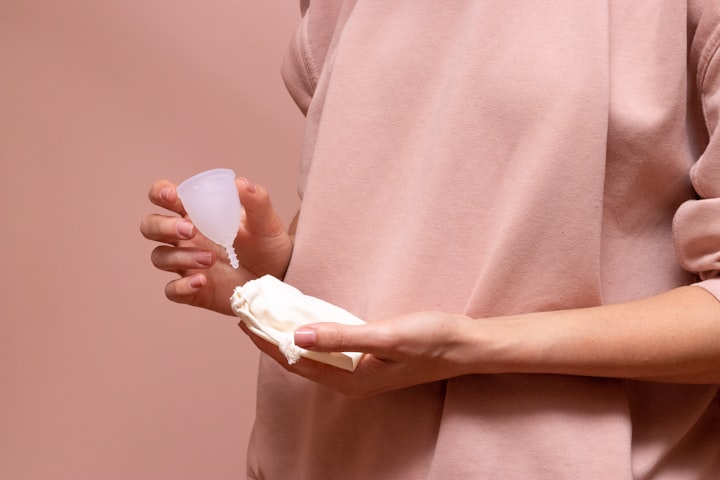Here are some of the reasons why women should practice good intimate hygiene.
Female Hygiene

Intimate hygiene is still considered taboo. However, self-care and grooming are really vital.Despite rising female literacy rates in rural and urban regions, poor hygiene behaviors during menstruation or otherwise remain among women of all ages. Such things are either spoken in hushed tones using analogies or are just avoided.
The skin and lining of a woman's vaginal region contain friendly bacteria, which create an acid, just like our digestive system, which has friendly gut bacteria." This acid keeps the internal environment healthy and inhibits the formation of unfavorable bacteria or yeast, which can lead to illness.
Consider these "friendly" germs to be area guardians. "Cleanliness is essential because of the many cycles that women experience, including menstruation." Irregular cleaning and poor hygiene during periods can promote the growth and spread of germs in the genitals, with disastrous consequences.
Not only that, but we frequently use hair removal methods such as shaving, which exposes the private regions to microorganisms. Despite the fact that the vagina is a self-cleaning organ, utilizing cleansers containing harsh chemicals might irritate it.However, utilizing intimate shampoos and hair oils can assist to alleviate the burning feeling, rashes, post-shave bumps, and itching, as well as cure pubic hard ingrown hairs and remove odor.
Using soaps might aggravate the situation since certain soaps can disturb the pH balance of your vagina by washing away a beneficial bacterium known as lactobacilli.Women should prioritize intimate hygiene no matter what stage of their lives they are in or how old they are.Improper care can result in a variety of vulva infections, the most common of which is vulvovaginitis, which is caused by numerous bacteria.
Washes and other intimate hygiene products assist to balance the vaginal pH level, reducing itching and bacterial infection in the vaginal area. It also promotes the growth of beneficial bacteria such as lactobacillus.
Women may live a healthier life by including feminine hygiene into their regular activities Including the following tips;
Maintain appropriate cleaning: Despite its self-cleaning technology, it is important to clean the private parts on a frequent and thorough basis with water or mild cleaners. Furthermore, avoid over-cleaning and using aromatic products containing harsh chemicals to prevent aggravating delicate skin. Instead, choose hygiene products with pH levels that are well-balanced, as using too much soap might create infections. Showers are preferable over baths since the latter can raise the risk of infection. There is a broad variety of hygiene products available on the market, but before purchasing or using any intimate wash, wipes, or other feminine hygiene products, check your doctor.
Always wipe correctly: After using the restroom and showering, follow the thumb rule of wiping front to back to avoid germs from your anal area moving to the vagina, which can lead to urinary infections. Make careful to wash your hands before and after using the restroom so that no germs are transferred from the hands to the genitalia.
Always wear comfortable clothing: It is always best to avoid wearing clothing that is too tight, and instead go for breathable innerwear that allows air flow, ideally made of cotton with crotch linings made of the same material. Wearing tight garments like spandex or synthetic trousers for an extended period of time, and changing promptly after working out, might lead to vaginal infections. For everyday use, use clean cotton-based underpants. Change your clothes and underwear after a sport or physical exercise since they may become sweaty.
Be cautious when using public restrooms: The urge to use a toilet might come at any moment and in any place. Every day, a large number of individuals use public bathrooms, increasing the risk of infection. As a result, they should always be used with caution. To avoid infection, tiny and portable disinfectants are available for women to use in public bathrooms.
About the Creator
Anthony Muthui
I'm a passionate blogger with a seven-year journey in the world of vocal expression through the written word. My heart beats to the rhythm of fiction.






Comments
There are no comments for this story
Be the first to respond and start the conversation.